At Better Homes and Gardens Rand Realty, we help thousands of renters rent their new homes each year. We also help thousands of buyers purchase a home. The decision on whether to rent or buy is a very personal one, but it’s important to understand when one choice might be right for you.
Traditionally, most people have thought of of renting as the temporary stop on the way to home ownership. After all, home ownership is part of the “American Dream,” and even with the recent turbulence in the housing market remains one of the best ways to plan your financial future.
But we have certainly seen perspectives on renting change in the past few years, as renting becomes a much more viable option for many people. Maybe it’s because people are simply spooked by the decline of the housing market in the middle of the last decade. Maybe it’s that rental options are better than ever, because more good rental housing is coming on the market as homeowners opt to wait out the market before selling by renting. And maybe it’s just because a younger generation coming into the housing market is less likely to set down permanent ties by buying a home, since people get married later, have kids later, and tend to change jobs more than in their parents generation.
At Better Homes and Gardens Rand Realty, we work with thousands of tenants every year with the goal of giving them a great experience in renting their new home. We believe that renting is a great option for some, which is why we have made the commitment to renters by creating RandRealty.com, a dedicated site for rental search and information, as well as a whole series of service systems to take great care of rental clients.
At the same time, we also believe that the best long-term financial decision most people can make is to ultimately purchase a home. So even if buying is not in your immediate plans, we want to make sure you’re aware of the pros and cons of renting versus buying so that you can make an informed decision about which choice is right for you.
Accordingly, we have provided five good reasons to rent, as well as five good reasons to buy.
Five Good Reasons to Rent
Here are five good reasons to make the decision to rent a home:
- You want to maintain flexibility and mobility.
We are living in a “mobile” age where people like to keep their options open. People get married later in life, and have kids in their thirties rather than their twenties. Few people, even those that love their jobs, believe they’re going to work for the same company for their whole careers. If you’re in that kind of situation, it makes sense to keep some flexibility on where you live. If you buy a home, you will find that mobility constrained by having to sell home before you can transfer to that new job, move in with a new significant other, or make any other life changes. - You need to repair your credit history.
Another unfortunate consequence of the recent economic difficulties of the last few years is the number of people with blemishes on their credit history. People with low credit scores can find it very difficult to buy a home, so even if it’s in your long-term plan to purchase, you can spend time renting while your credit history recovers. It can take several years for certain credit problems to work their way out of your file, and during that time you can reestablish your creditworthiness. - You need to save for a down payment.
Today, many people opt to rent even when they have the resources for a down payment to purchase. For many, renting is the short-term solution for their housing needs while they save up for a down payment. If your long-term plan is to purchase, then renting in the meantime while you save up for a down payment (or a larger down payment) is the right choice. - You have other places to invest your money.
Even though real estate is still a good long-term investment, despite the experiences of the past few years, it’s not the only good long-term investment. People in the financial services industry, for example, often forego purchasing even if they can afford it, because they have an expertise in other investment products in which they believe they can get a better return. If that’s your situation, and you believe that you could personally invest your savings and get a better return elsewhere, then renting is a good option for you. - You are risk averse.
Finally, some people opt to rent because they simply do not want to take the risks of investing their money in real estate, even their own real estate. This is not a position we agree with, specifically because we have seen the long-term investment potential of real estate in our own lives and in the lives of our clients. But we can understand how the experiences of the past few years have spooked potential buyers into becoming renters. If you’re simply averse to putting your money at risk when you could get lower but safer returns with other investments, then renting is a good option for you.
Saving for a Home
One good way to accelerate your plans to purchase is to rent below your means, and put the difference between what you pay and you could potentially afford into a savings account dedicated to your down payment. The general guideline is that you can afford to spend about 25%-30% of your gross monthly pay for your rental costs. But if you were to only spend, say, 15-20% of your income on your rental, and rent something a little less costly, you could afford to put away hundreds of dollars a month toward your down payment.
Remember that it doesn’t take much. Homes can be purchased in our area for as little as $150,000, and federally-insured loan options are available for as low as 3.5% down, so you could potentially purchase a home for as little as $6,000 plus another $2,000 or so for out-of-pocket closing costs.
Five Good Reasons to Buy
We would not be doing our job as real estate advisors if we did not at least highlight some of the reasons why most Americans own their own home. While renting is a great option for some, there are also good reasons to purchase a home. Specifically, if you are making the decision to rent, you need to make sure you understand that you are foregoing some of the financial benefits of home ownership.
- Building investment equity over time.
The biggest reason to own rather than rent is the ability to build equity. After all, one of the reasons your landlord owns the property you’re going to rent is that you are going to help her build equity in her property by paying down her mortgage. Millions of Americans have solidified their financial future by owning their own home, and gradually paying down their principal month by month until they have significant equity that can be liquidated for other investments or for retirement. Although you don’t build equity quickly on a new mortgage, since most payments go toward interest at first, over the first seven years you will pay down about over 10% of the principal. On a $300,000 loan, that’s $30,000 in equity built over just seven years. - Leveraged Appreciation.
Most people understand the concept of appreciation – the increase in value of an investment over time, such as when a stock goes up in value. But most people forget that appreciation in real estate is leveraged appreciation. For example, if you buy $20,000 of stock, you own $20,000 in stock. If the stock appreciates by 10%, you now own $22,000 of stock, since 10% appreciation of a $20,000 investment is $2,000.But when you invest in real estate, you put down $20,000 to buy a $100,000 home (with 20% down). If that home appreciates by that same 10%, the home is now worth $110,000. But the return on your investment is not just 10%, because you are getting leveraged appreciation. You only put $20,000 into the home, so the $10,000 return is actually a 50% return on your $20,000 investment (i.e., $10,000 is 50% of $20,000). - Tax Deductions.
When you rent a home, the rental payments you make are not tax deductible. But when you own a home, you get to deduct the full amount of the interest you pay on your home mortgage from your federal and state tax income. For example, if you get a $300,000 mortgage at 5%, you’ll make about $20,000 in payments in the first year, of which about $15,000 will be tax-deductible interest. That interest comes right off your income as a deduction, so if you are at an income level where you pay 28% federal and 6.85% New York State, you save over one third (28% plus 6.85% is 34.85%) of those interest payments because you will not pay taxes on that. That would be a savings of about $5,000 on your $15,000 in interest payments. (Although there is talk in Washington about reducing the mortgage interest tax deduction, it seems unlikely that much will change for all but the highest income taxpayers.) - Homes are now well-priced in our area.
The market in our area is for sale at about 25% less than buyers were paying five years ago, and prices are now back to 2003 and 2004 levels, well before the frenzy of the irrational seller’s market of 2005-06. We believe that homes are a good value right now, and while prices may not go up in 2011 or 2012, over time we will start to see appreciation. There’s a reason they call it a “buyer’s market,” because buyers can find good opportunities when inventory is high, demand is low, and prices are down. - Interest rates cannot stay this low forever.
People fail to appreciate how much impact interest rates have on home values. As we write this in the middle of 2011, we are seeing rates still remain at historic lows in the 5.0% range and prices down 25% from their highs. That is a powerful combination. Even if prices were to come down a little more, it only takes a half-point increase in interest rates to make homes more expensive than they are right now. Essentially, every half-point increase makes homes about 5-6% more expensive – either by making your payment 5-6% higher, or lowering your maximum purchase price by 5-6%. People who decide to wait to purchase until prices come down might not save themselves anything if rates go up.
All that said, the decision to rent or buy is an intensely personal one. Our goal is to simply make sure you’re informed about that decision, and to give you a great experience in whatever you decide to do.

 Facebook
Facebook
 X
X
 Pinterest
Pinterest
 Copy Link
Copy Link




